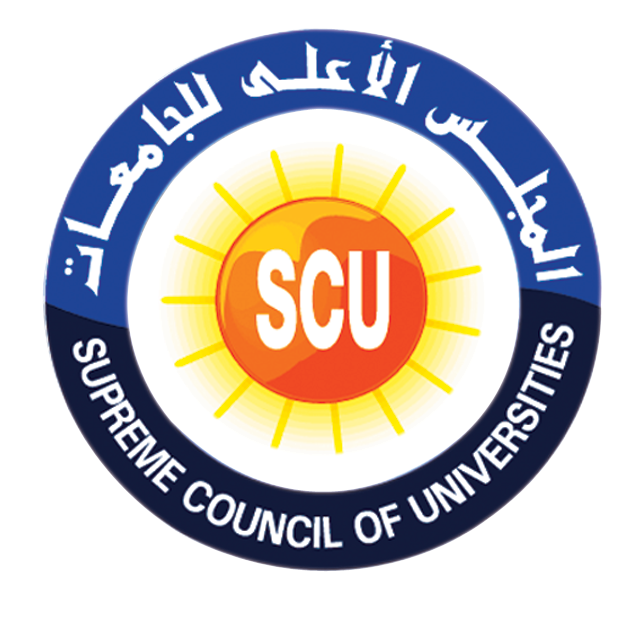The Council’s Responsibilities
- Formulating the general policy for higher education and scientific research in universities, and working on guiding and coordinating it in accordance with the country’s needs, while facilitating the achievement of national, social, economic, and scientific goals of the state.
- Coordinating the systems of study, examinations, and academic degrees in universities.
- Coordinating between corresponding colleges, institutes, and departments in universities.
- Defining and establishing professorial specializations in universities.
- Coordinating between faculty members in universities.
- Organizing the admission of students to universities and determining their numbers.
- Equating academic degrees awarded by educational institutions not governed by the University Organization Law, and certificates granted by foreign educational institutions.
- Formulating the general policy for university textbooks and setting the specific regulations for them.
- Drawing the general framework for technical, financial, and administrative regulations for research accounts and special-purpose units in universities.
- Drafting the executive regulations for universities and the internal regulations for colleges and institutes.
- Periodically monitoring the implementation of its policies and decisions in universities.
- Expressing opinions on the amount of government subsidy granted annually to each university.
- Providing opinions on matters referred to it by the Minister of Higher Education or by any of the universities.
- Providing opinions on issues related to education at its various levels and types.
- Establishing systems for the evaluation and development of university performance.
- Setting general guidelines for the distribution of work among faculty members, including emeritus and active faculty, in a way that ensures the full utilization of their expertise and continuous development of education at both undergraduate and postgraduate levels.
